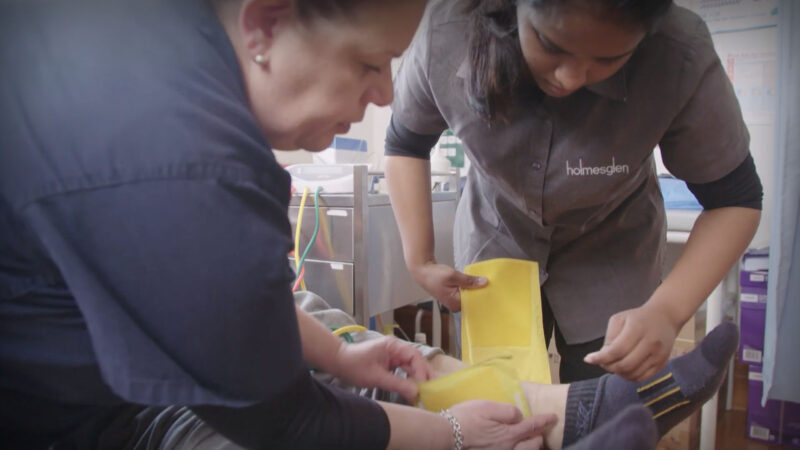Coinciding with this year’s International Nurses Day, this week’s Federal Budget has had some significant outcomes for the primary health care, nursing workforce.
The Federal Budget delivered on 9th May 2023, APNA believes will strengthen Australia’s primary health care (PHC) system by addressing growing nursing shortages, seeing more nurses hired where they are needed, and better utilising the largest workforce in PHC of nearly 100,000 nurses to their full potential to reduce the pressure on the health system.
The Federal Budget could significantly boost job prospects and career progression in primary healthcare, as well as strengthen the current PHC nursing workforce by funding:
- An 18-month national Scope of Practice review
- 6,000 additional clinical placements in primary healthcare nursing ($4.2 million over four years)
- 1,850 graduate scholarships to train more Nurse Practitioners ($50.2 million over four years)
- $1 million towards incentives to get 500 nurses back into the workforce
Australian Health Journal met with APNA President Karen Booth and CEO Ken Griffin at their Money in May 2023 event in Sydney.
Money in May is an APNA member-only initiative and is a month of education so that nurses know more about money and how to navigate the financial side of being a nurse. The campaign has three key themes: do more, save more and earn more.
Timed to coincide with the end of the financial year, APNA has focused on financial literacy. Nurses who understand the opportunities and challenges of finance and funding mechanisms and keep abreast of changes can be an even greater asset for their patients and the business they work for. For their personal lives, they make better financial decisions, earn more and retire with more super.
The outcomes are for each Primary healthcare nurse in a time to influence and pitch for what they want — be that money to fund a nurse-led clinic, a financial allocation for CPD or negotiate pay.
Relating that back to the funding announcements in the Federal Budget, there is potential to significantly boost job prospects and career progression in primary healthcare, as well as strengthen the current PHC nursing workforce.
You Might also like
-
Student nurse placements in primary health care
With an urgent need to manage increasing rates of chronic disease, an ageing population, and a rapidly-ageing primary health care nurse workforce, Australia desperately needs more primary health care nurses to enter the workforce before the current generation retires and cannot pass on its skills.
Most nurses start their career in a hospital. Historically, it was difficult for universities and tertiary education providers to arrange placements for student nurses in primary health care. However, the APNA Student Nurse Placement Program provides student nurses with a foot in the door to a career in vibrant primary health care settings such as general practice or community health to perform supervised activities.
-
Addressing the perinatal mental health clinician shortage
Perinatal depression and anxiety (PNDA) impacts 100,000 Australians each year, equating to one in five mums and one in ten dads, with PNDA costing Australia $877 million annually. To address the nationwide shortage of specialist perinatal mental health clinicians, Gidget Foundation Australia has partnered with Federation University to launch the Graduate Diploma in Perinatal Mental Health.
-
Belonging in a medical device company
Edith de Boer is the HR Director for Zimmer Biomet in Australia and New Zealand. Her career originally was in telecommunications and consulting in Europe. After leaving The Netherlands, Edith worked into the Australian medical research industry, before moving into a human resources role at Zimmer Biomet. Edith spoke to Australian Health Journal about her role and the organisation.



